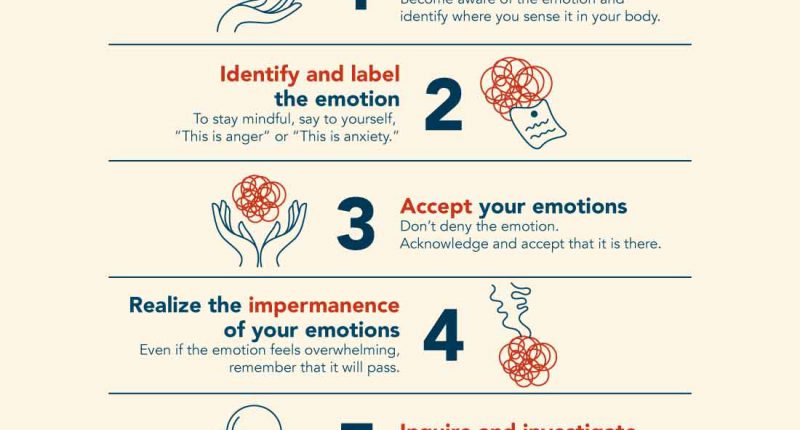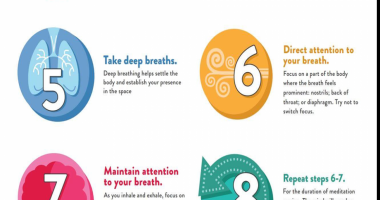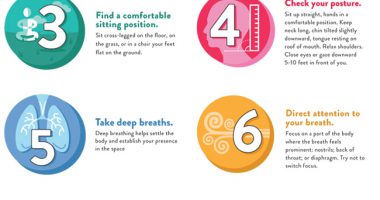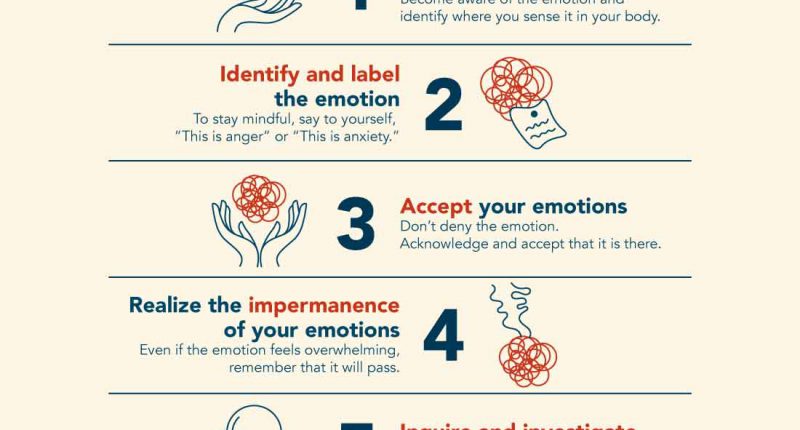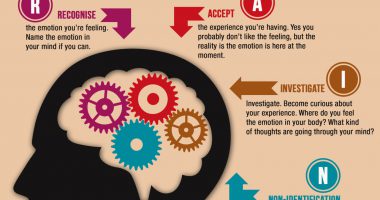Mindfulness is helpful for moment to moment awareness. It helps you find balance within your emotions. It also helps your thoughts and feelings. The inner working of your body and sensations are all constantly changing. Present moment mindfulness helps you stay in harmony with all of aspects of existence.
Above all, mindfulness helps you accept your life. It helps you accept whatever situations arise. Whether situations are good or bad, you’ll be able to accept each moment of life. Mindfulness is growing in popularity. And day by day, more people are using mindfulness to improve their lives. Buddhist teachings are more common too. Claims have been made that meditation helps with mental illnesses. Problems like depression can be addressed. And it helps with personal freedom and can even increase your body’s natural immune defenses.
Other benefits mindfulness is said to help with, is cognitive function, mental clarity and memory. There have also been studies to conclude that mindfulness will help by increasing the density of the grey matter in the brain. And even more so, compassion, relationship ease, and unwanted behaviors are all said to be improved through simple mindfulness. Addictions, compulsions and stress will also improve through mindfulness practices.
How Does Mindfulness Help Your Brain?
At a neurological level, mindfulness helps you by creating new pathways in the brain. Also, mindfulness and present level awareness help to create positive neurological associations in the brain. The new pathways and associations combat fatigue and negative thinking.
People who meditate regularly, and practice mindfulness, are more easily able to cope and deal with stressful events. They also have better ability to improve stressful situations by simple awareness; because understanding each moment is just a moment that will pass is a helpful way to benefit from mindfulness practices.
Mindfulness can be used to regulate emotions. As you become more in tuned with your mind, body and soul, you can better manage your different emotional states. A lot of how this ability works, is you becoming more in tuned with what thinking patterns and actions/words stimulate different emotional responses in you. You literally start to learn how you work at a level of awareness that is far beyond that of people who do not practice mindfulness or meditation.
What are the Benefits of Mindfulness?
Once you enter a powerful state of mindfulness, and become more aware of your present moment, you can start to better control your life. The ability to be mindful starts with deliberate effort, but in time becomes more of an unconscious habit that starts to be your normal way of being. Those who practice mindfulness on a regular basis, can then enter a state of mindfulness through a simple decision to do so.
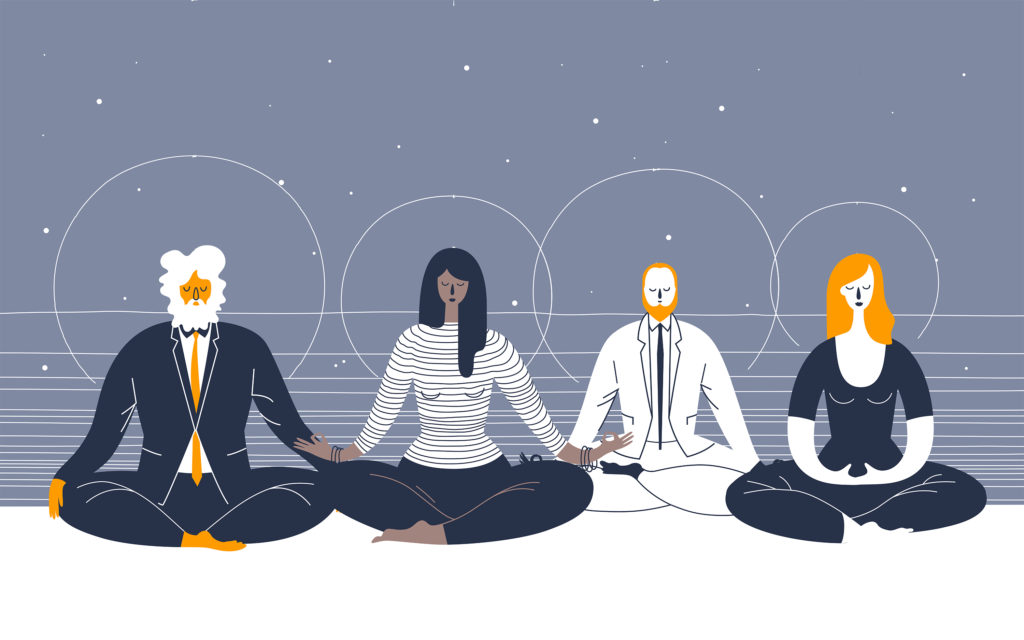 People have a natural level of mindfulness, and through increasing practice of mindfulness, they can improve their natural level of mindfulness on a moment to moment basis. As your mindfulness, or awareness starts to improve, you begin to see your life from different lights.
People have a natural level of mindfulness, and through increasing practice of mindfulness, they can improve their natural level of mindfulness on a moment to moment basis. As your mindfulness, or awareness starts to improve, you begin to see your life from different lights.
Is Meditation Good for Emotions?
Yes, meditation helps people curb emotional responses to stressful situations. Awareness is seeing the bigger picture oftentimes. And through mindfulness, an individual has the ability to see new choices, outcomes and possibilities when stressful situations occur.
As your emotions become more balanced, and your neural associations begin to change, your life does as well. People get a deeper understanding of who they are and why they are. Mindfulness and meditation is a simple practice, with zero negative side effects that can be practiced anywhere. There is no reason not to practice it, and a near unlimited amount of reasons to. If you are going through stressful situations, I highly suggest you learn about the art of meditation and start practicing mindfulness. You’ll likely find, your life changes forever.
